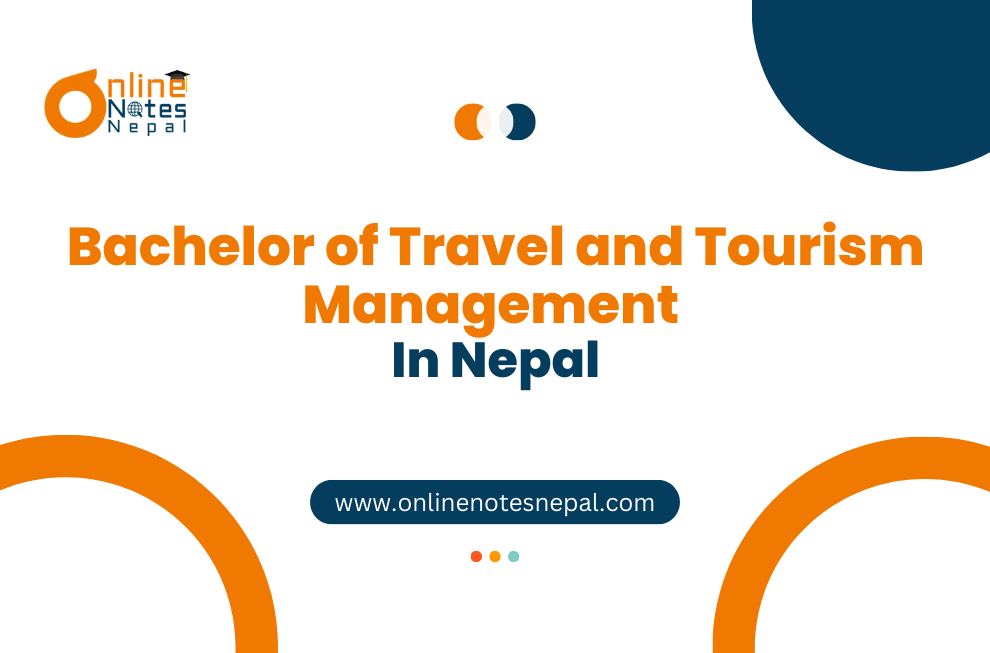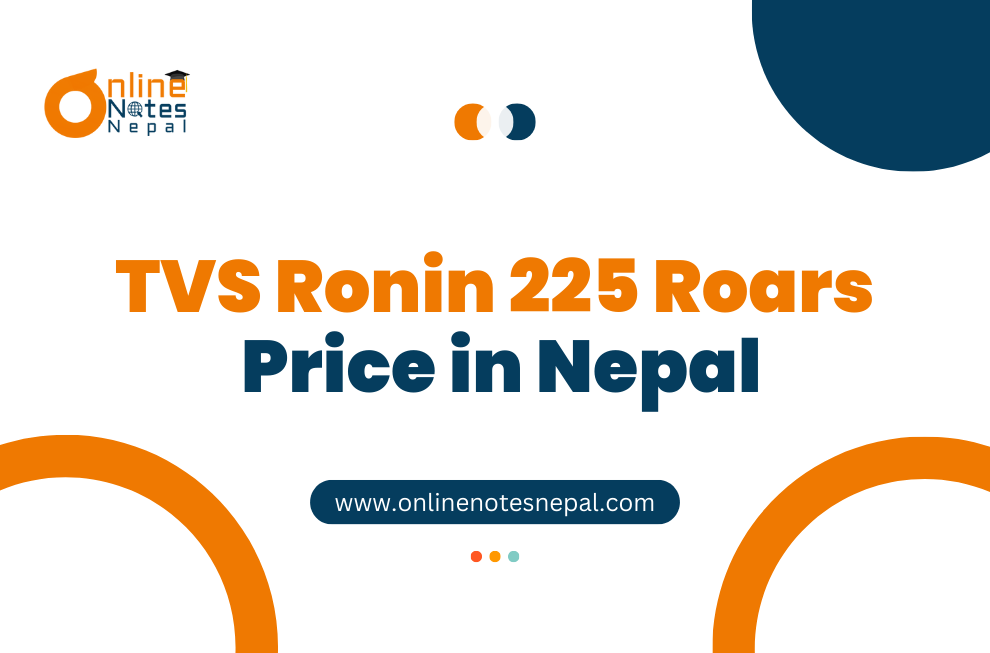Blogs



Bachelor of Travel and Tourism Management in Nepal
Colleges ArticlesBachelor of Travel and Tourism Management in Nepal
Bachelor of Travel and Tourism Management (BTTM) is a four-year study offered by Tribhuvan University's Faculty of Management. The training aims to produce first and middle-level tourism experts in the country. From a theoretical and practical standpoint, BTTM understands the administration and operation of the travel and tourism business. BTTM produces a strong personality that meets the standards of the tourism business. Only four colleges in Nepal offer this course, and they are all affiliated with Tribhuvan University. The BTTM curriculum consists of 126 credit hours that are completed through the semester system and evaluated using the grading system.
Objectives of Bachelor of Travel and Tourism Management
- Improve your understanding of the industry's operations using theoretical and practical methodologies.
- Recognize the significance and role of tourist marketing, development planning, measurement, and administration.
- Develop the abilities required to manage international tourism service operations, such as hiking and rafting programs, as well as domestic and international air ticketing and reservations.
- Understand the theoretical and practical aspects of travel and tourism sector management and operations.
Eligibility
Students who have passed the 10+2 or comparable examinations with a second division (45% or higher) or a 1.8 CGPA from a recognized academic institute can participate in this program.
Admission Criteria
Students must have completed the intermediate level (10+2) or equivalent with at least a second division or a minimum CGPA of 1.8 in any stream, or any other similar degree from a university, board, or institution recognized by Tribhuvan University (TU).
English must be taken as a full paper (200 marks) in 10+2 or equivalent.
Fee Structure
The fee structure varies from college to college. The fee is estimated using the infrastructure and resources given. The BTTM course fees range between 2 lakhs and 5 lakhs.
Exam Pattern
Eligible applicants must take the Central Management Admission Test (CMAT), which is administered by Tribhuvan University's Faculty of Management. CMAT will consist of 100 objective questions, twenty-five in each segment, with a total weight of 100 marks.
-
Verbal ability
-
Quantitative ability
-
Logical reasoning
-
General Awareness
To be selected for a group discussion and an interview, students must score at least 40 on the CMAT exam. After a group discussion and an interview, students are chosen for admission.
Admissions will be strictly based on the merit list. The merit list is prepared based on:
- CMAT Entrance Examination: 60 marks
- 30 percent of marks obtained in plus two or equivalent.
- 10 marks for the interview
The Bachelor of Travel and Tourism Management degree in Nepal is critical for training skilled individuals in the country's primary tourism sector. It combines theoretical and practical study to prepare students for a variety of careers in tourism and hospitality. Addressing difficulties such as limiting resources and improving industry collaboration would enable graduates to promote long-term growth in Nepal's vibrant tourist industry.

